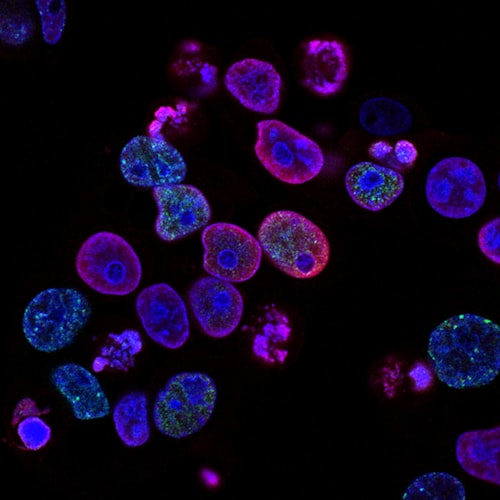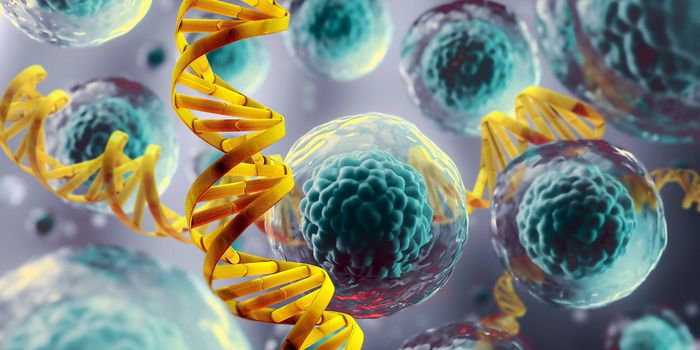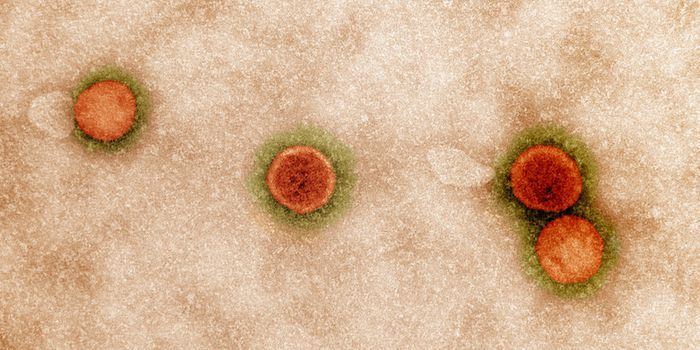Overcoming Multi-Drug Resistance in Cancer
Resistance to chemotherapeutic use in caner patients is something that is inevitable. Continued resistance to these drugs results in poor prognosis and reduced survival rates.
For the past 35 years, scientists have been aiming to overcome multidrug resistance in cancer through a variety of experimental drugs. Some studies were successful in indicating that blocking the expression of certain genes can fight off tumor resistance to chemotherapeutics. However, that particular strategy has been warned to avoid according to a new research study carried by Scripps Research in Florida.
"With the help of our collaborators at New York University Medical Center, we looked at mouse immune cells from five major lymphoid and nonlymphoid tissues: bone marrow, thymus, spleen, lung, and small intestine," says lead author Mark Sundrud, PhD, associate professor of Immunology and Microbiology at Scripps Research. "It became clear that the types of cells that are key to fighting infections and cancers, are among those most sensitive to blocking MDR1 function."
Learn more about the role of the immune-system in fighting off cancer:
The study indicated that blocking the activity of a key gene, multidrug resistance-1 (MDR1), can hold negative effects on the immune system. These effects target the specialized immune cells called CD8+ cytotoxic T lymphocytes (CTLs).
“These insights become all the more pertinent today, given all the questions and concerns related to immunity against the pandemic coronavirus that causes COVID-19," Sundrud says.
Source: Science Daily









